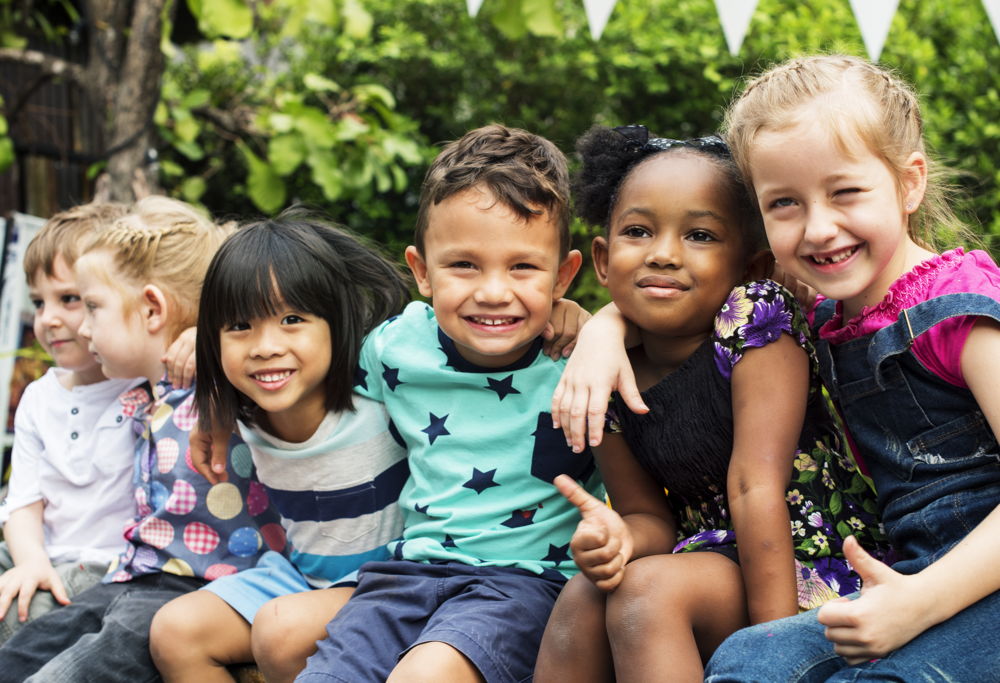We may think that the later we discuss social differences and diversity with children the longer they are blind to those differences, when in fact, studies have shown that children as young as 6 months can notice social differences.
So, what happens if we do not talk about it?
Children at a young age tend to play with people who are similar to them. This is not racist behaviour, but it is human nature to feel comfortable with someone or something that is familiar to them. Therefore, the less they are exposed to the diversity of people, the less they will be open to those who are different from them.
How to raise a child that is open to others?
Exposing the child from a young age to people with different backgrounds is surely a great way to emphasise tolerance and diversity of values. This can be through letting them meet your diverse friends or taking them to play in areas where there are many diverse children to play with.

In some cases, if you live in an area where everyone comes from the same background or culture talking about it can help. Talk with your child about people who live in different places, how they have different appearance that makes them unique, let them try their food, and learn few words of other cultures if they are into it. You can also buy toys for your child that have different attributes and talk about those differences. When it comes to teaching children values of diversity, stories can always be a good way of delivering it to our kids.
Around the age of 7, children’s attitude toward others tend to improve, and communication about differences become easier. There remain two keys to establish acceptance, one is to teach your child to treat every person as an individual and not to generalise an attitude of one person on a whole group, the second is to correct your child if they unintentionally or intentionally commented negatively about others, or if you saw a situation in presence of your child that is unacceptable, talk to your child why it is unacceptable.
In the end, remember that young generations are the future. Therefore, in addition to the laws that enforce these values, raising children to accept others can lead to a brighter future and more loving communities.
Checkout Nurturey PinkBook, the smartest digital upgrade for the paper red book.







